Only one percent of Reserve Soldiers and 0.8 percent of active-duty Soldiers who raise their hands on enlistment day will ever reach the rank of sergeant major or command sergeant major.
Tell that to the Yingsts. The family from Wisconsin calls three Sergeants major it's own: retired Command Sgt. Maj. William Yingst Sr. and his two sons, retired Command Sgt. Maj. William Yingst Jr. and Sgt. Maj. Paul Yingst, still on active duty and deployed to Iraq with the U.S. Army Corps of Engineers - Gulf Region.
Their story begins in 1967, when Bill Sr. joined his local Reserve unit, hoping to earn some extra money. He planned to stay in for only six years, but enjoyed it so much he kept re-enlisting for more than 35 years.
After about 20 years in the same bridge unit, the bridge engineer found himself stuck at the rank of sergeant first class, waiting for the first sergeant position in his company to open. When he was finally selected for master sergeant, it involved a change of unit and a 40-mile drive to Fort Snelling, Wis.
From a small town of 362 people, Bill Sr. originally thought Fort Snelling might be too big for him. "That's a big outfit and there are probably a lot of bad people up there," he thought. It took some convincing from his father, a retired Air Force pilot and World War II veteran, for him to accept the promotion.
"After he pulled his foot from my backside, I took the promotion and it was the best thing I ever did. That was the start of opening my eyes to really the big picture of the Army Reserve and the rest of my career," Bill Sr. recalled.
At that point, his sons had already joined him in not only the Army Reserve, but also the local bridge unit, which ultimately had one Yingst or another for 33 consecutive years. He had never pressured Bill Jr. or Paul, but the younger Yingsts grew up seeing their father involved with the Army and going off to drill, and wanted to follow in his footsteps. On drill weekends, their mother would even dress them up in miniature fatigues and when their father got home, they'd stand at attention and salute.
Bill Jr. agreed that he never felt forced to follow in his father's footsteps-it was just something he wanted to do. After years of watching his father leave for drill, he joined the earliest day he could: Sept. 4, 1985.
"Growing up, from as far back as I can remember, I don't think I ever considered not joining the Army," said Bill Jr. "I guess that was just an innate thing within me as a family tradition, however that worked. Nobody made us do that. It was just something we decided to do."
By the time Paul, who is three years younger than Bill Jr., was ready to enlist, his father and brother had good advice for him as he shipped out to boot camp and eventually joined their unit. Their most invaluable piece of advice: to keep his mouth shut during basic training. Bill Sr. was also especially good at advising them to get all their schooling and training done as early as possible and be proactive in their careers instead of reactive.
"My dad and my brother were very good in that area (giving me advice and showing me the ropes) as I came up. There were other folks who guided me along the way. Obviously, with anybody, if you don't take the initiative to get it done, you won't just walk through the system," Paul said.
Although both sons started in their father's unit, the three men were in separate platoons and not in the same direct chain of command-the best of both worlds. Paul and Bill Jr. could benefit from their father's and each other's advice and experiences, but they were also free to forge their own paths.
At one point, Bill Sr. was the brigade command sergeant major, while Bill Jr. was a command sergeant major in one of his battalions.
"I'd call my dad and say, 'what do you think'' I would ask plenty of questions," said Bill Jr. "He was one of my mentors and somebody I looked up to. We'd talk all the time about it. To this day, even though we're retired, we're still talking military all the time, and about things that are happening, where Paul is and how he's doing and things like that."
On one occasion, when Paul was still a master sergeant, the three men were all in dress blues at a dining out. Another sergeant major who knew Paul came up to Bill Jr., planning to rib him about his command sergeant major stripes. He was a little surprised to find out there was "more than one of us," as Bill Jr. said. Paul also confessed to being the recipient of some jokes about being the third Yingst to come along.
That's one of the reasons he was thrilled to make sergeant major a few months ago-not only to carry on the family tradition, but because it was his own career goal as well, and he wanted to be known for his own accomplishments, not just as the third Yingst.
"It was pretty exciting, not from the standpoint that I had to do it, or anything like that, but it was a goal of mine to excel and achieve that particular rank," Paul said. "When I found out, you could probably have knocked me over with a feather that day. I was pretty taken aback, not that that wasn't what I was striving for, but more so that I was selected before the zone, which is basically your first look at that particular rank, so it was pretty exciting.
"I feel very good about (carrying on the family tradition). I guess I've always felt that I've got to have my own identity, and not just be 'one of the Command Sergeant Major Yingsts' son or brother,' but do my own thing, prove my worth and create my own path."
At the same time, Paul knew that by pinning on that rank, he was accepting a huge responsibility, and he spent a lot of time thinking about it and other Soldiers who had been in that position.
"Like the NCO creed says, NCOs are the backbone of the Army," he said. "It's a big responsibility, just from the standpoint that the officers rely on the NCOs to uphold the standards in the military. We need to make sure things run the way they're supposed to, and make sure people are doing the things they're supposed to. It's a big responsibility to ensure those things happen."
His brother agreed. Bill Jr. explained that he turned down Officer Candidate School to remain an NCO. Not only did he enjoy it, but he thought that as an NCO, he would have more influence over his Soldiers than he would have as an officer. It was a role that would rest heavily on his shoulders during his deployment to Afghanistan.
"All the training we do in the Army, we're training for one thing and that's to go to war. That's basically our sole function: to be prepared, to be trained up well and do the job we've trained to do. I have every faith in the world that when U.S. Army Soldiers, Airmen, Marines and Sailors go to war, we are the best-trained people in the world. I always took that job very seriously, and it didn't matter whether I was a specialist or a sergeant E-5 squad leader or a platoon sergeant or sergeant major. (As you move up), the heavier that responsibility weighs on you because you have more people under you," Bill Jr. said.
"My battalion when I went to Afghanistan was 545 strong," he continued. "Ultimately, you want to bring everybody home alive. Realistically, that doesn't always happen. I was extremely fortunate that we were extremely well trained and I don't think we missed any details going to war. I don't believe anybody knew our job better than us, but you have to be a little bit lucky as well because you can't control everything.
"So I take it very seriously. I always did. I always had a great sense of accomplishment coming away with me, whether it was a drill weekend or winter-survival training with the Canadian Army or a tour in Guatemala. The NCO corps, when you put the stripes on, like they say, 'the buck stops with me,' and there are no more excuses. You get the job done and if you make a mistake and nobody got hurt or killed, you don't make the same mistake again. That's just the way it is, watching each other's back, but that training is paramount and the sergeant is the one who has to make sure it's done right and the mission is accomplished."
No one is prouder of the younger Yingsts' accomplishments than Bill Sr. As a father he worries, lights candles at church during deployments and brags about them, but as a Soldier, he's a bit envious. The United States was at peace during most of the elder Yingst's enlistment and he never deployed. He wanted to, and came close during Desert Storm in the early '90s, but it never happened, and he still regrets it.
"It's about the last thing I would have expected," he said of his sons' ranks. "I did expect that the way they grew up, they would join the military. I've always heard that less than one percent of all Soldiers ever make command sergeant major.
"That being the case, the odds are really stacked against us to make it. Not only do you have to have the proper schooling and the proper evaluations, you have to be in (the right) place and you have to find an opening. You have to be able to go for it. You have to have a lot of support. You have to be selected. That's not easy. I think that's why there are very few of them. Few people can attain that rank and so to have all of us there is unbelievable.
"The officers plan and the NCOs execute," Bill Sr. continued. "Anybody can plan, but if it doesn't get executed right, you're in trouble. I always wanted to be on the execution end, where the action was. They are the important people. They make it happen."
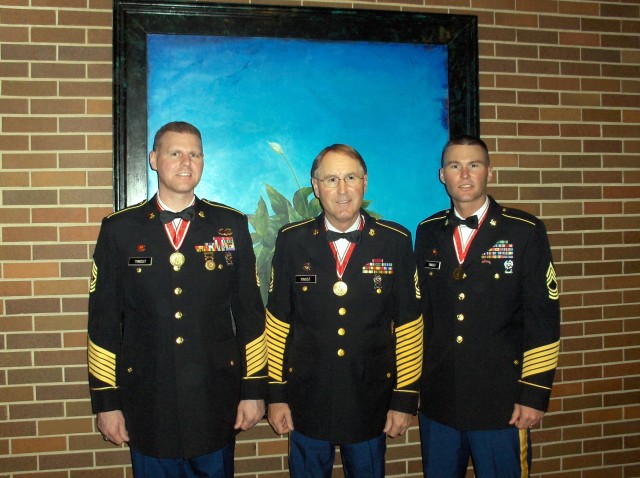
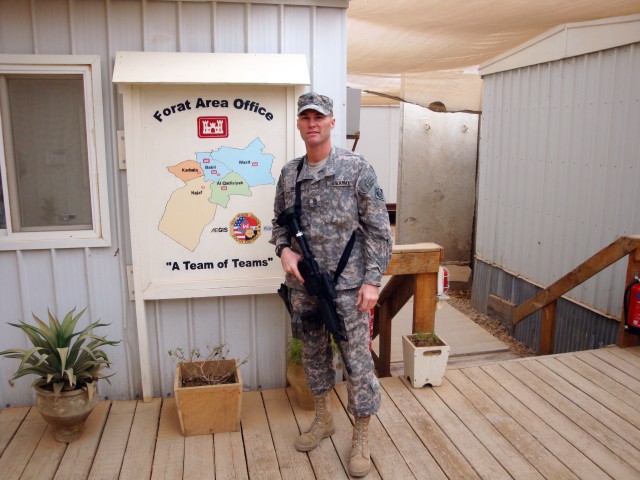
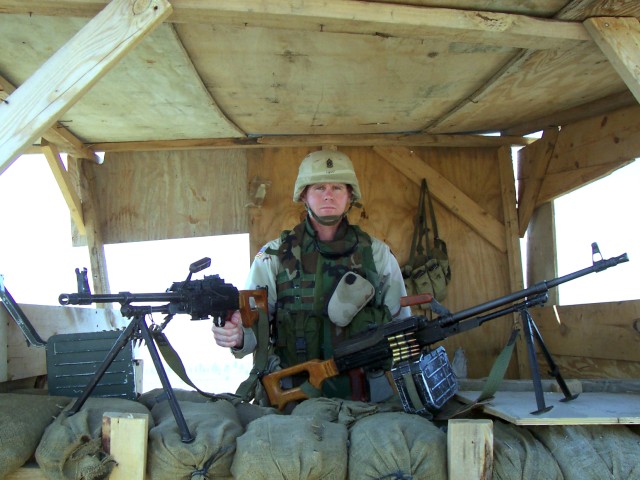
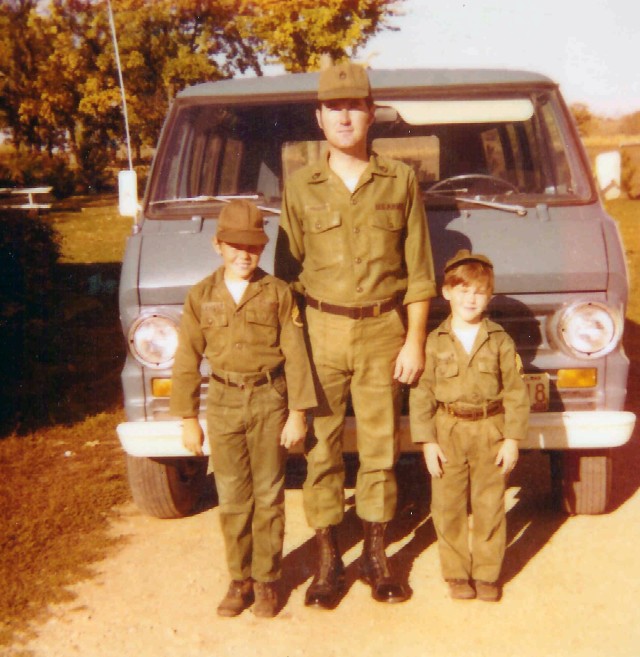
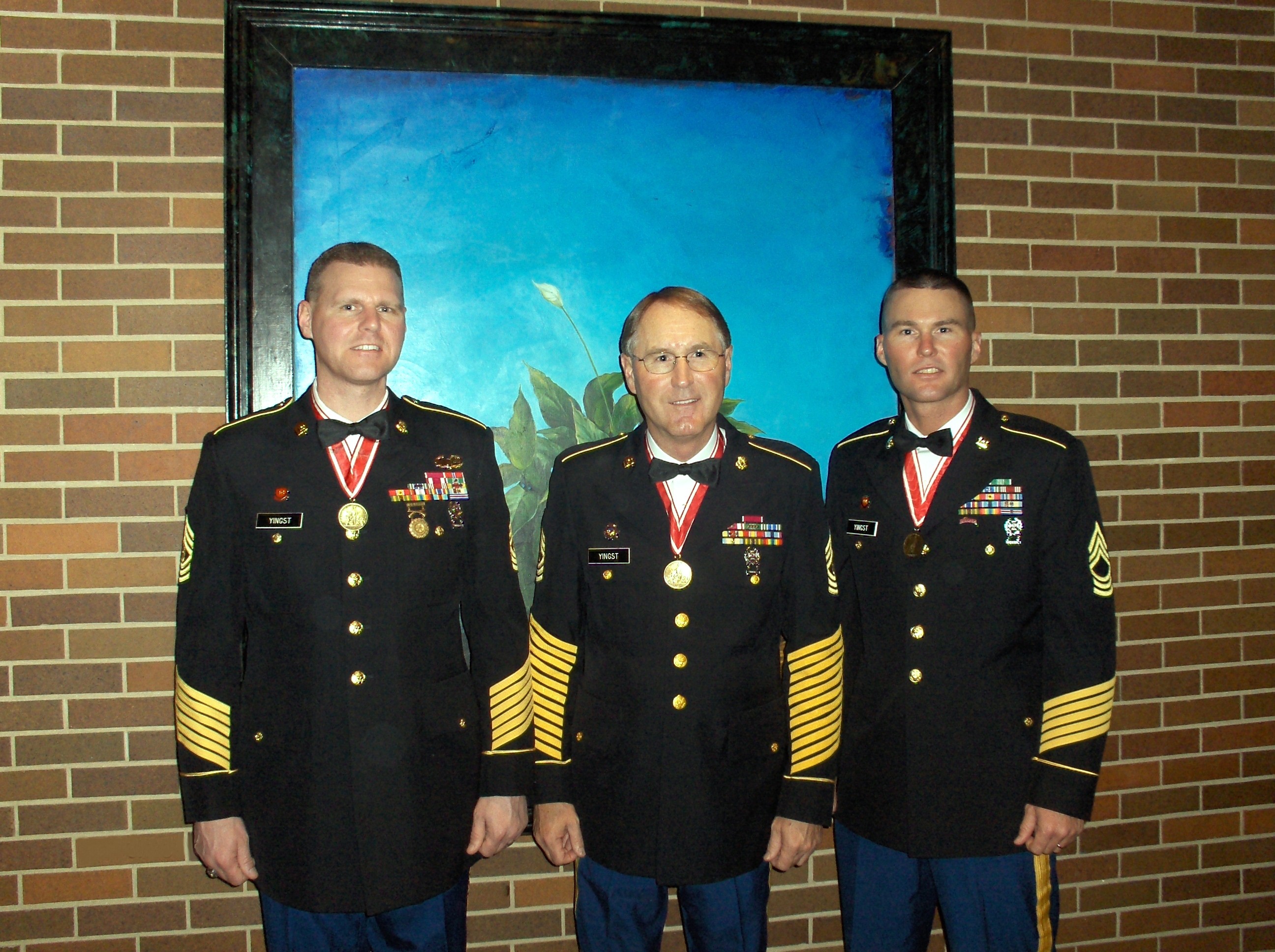
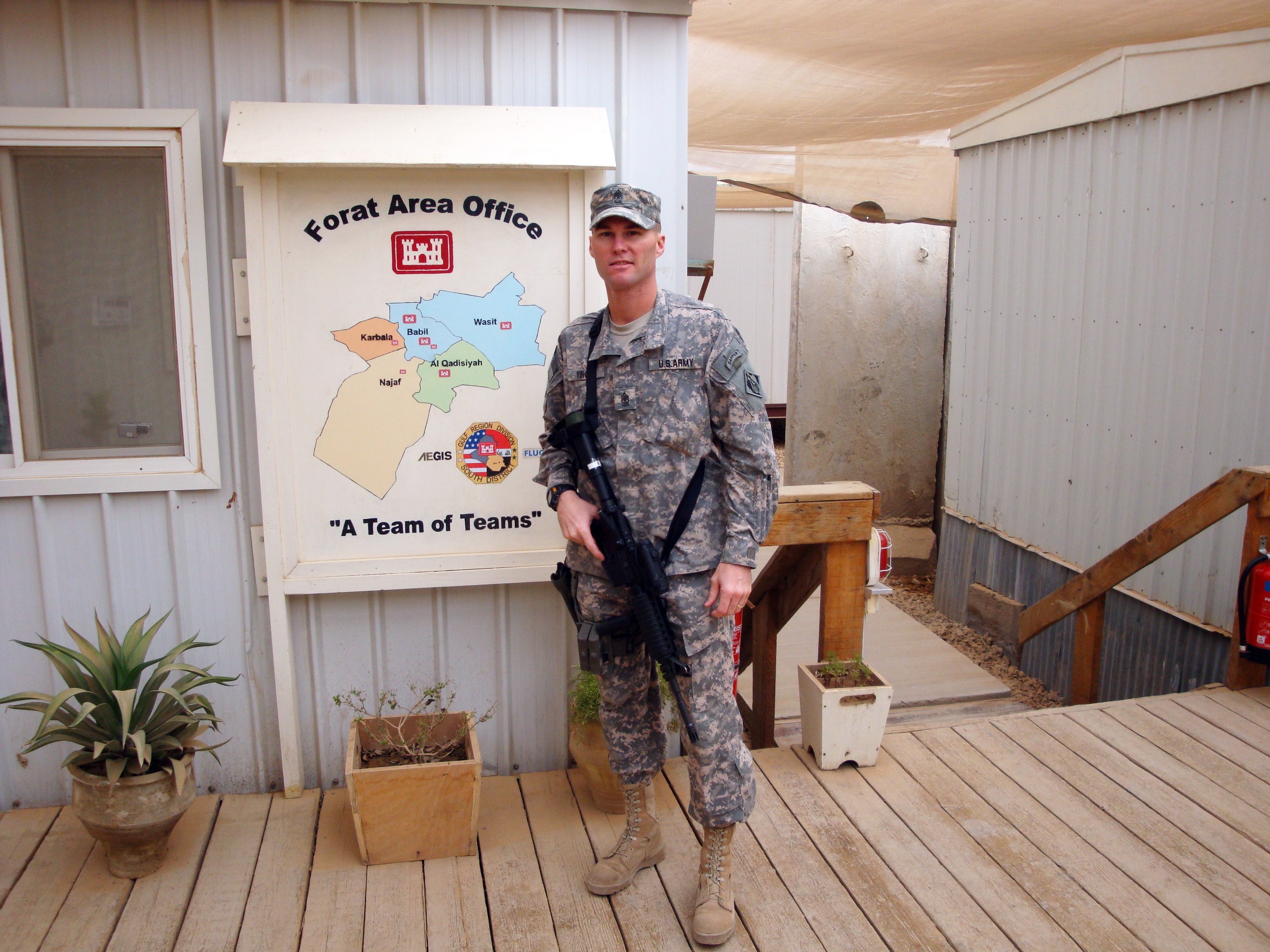
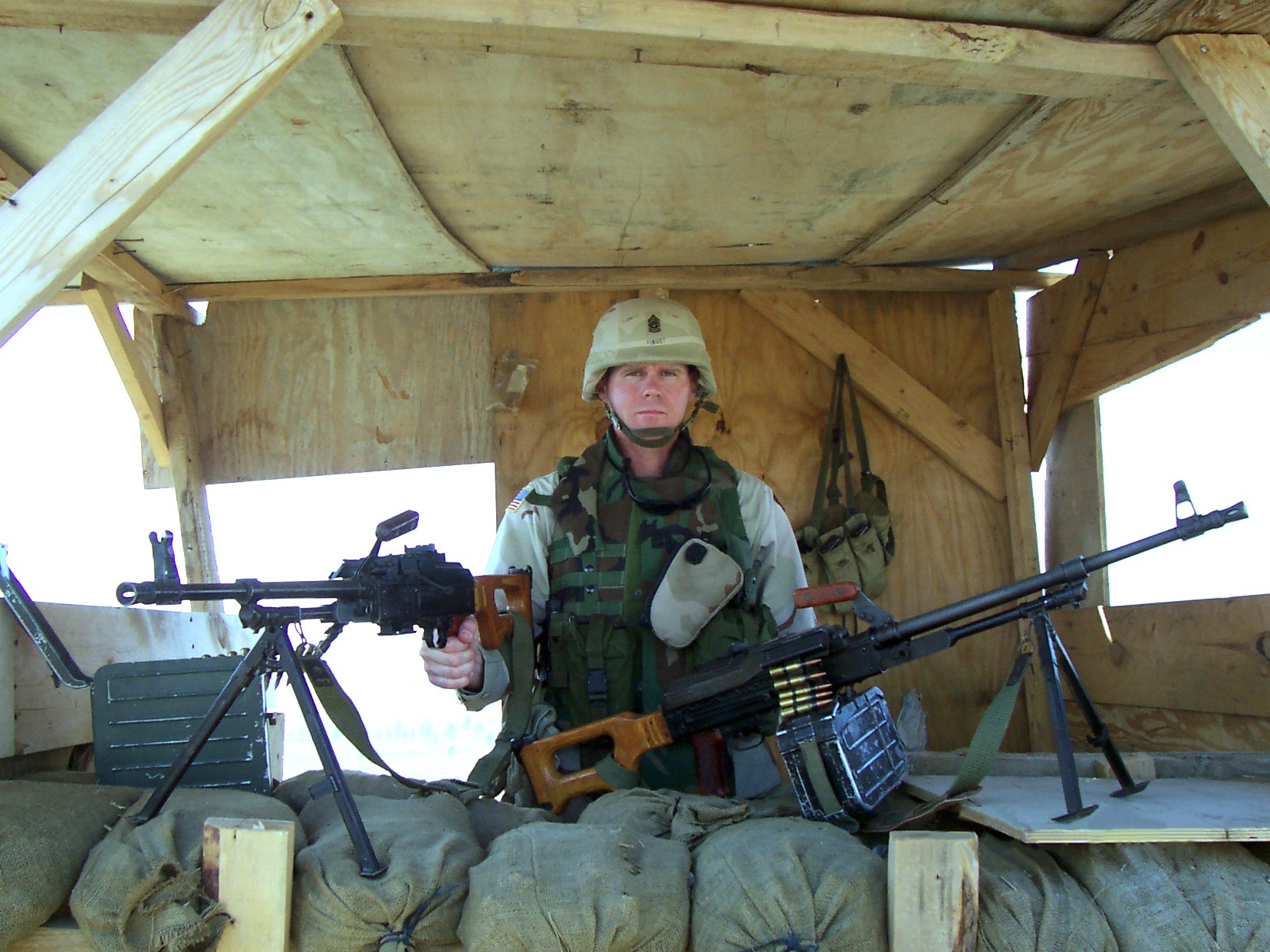
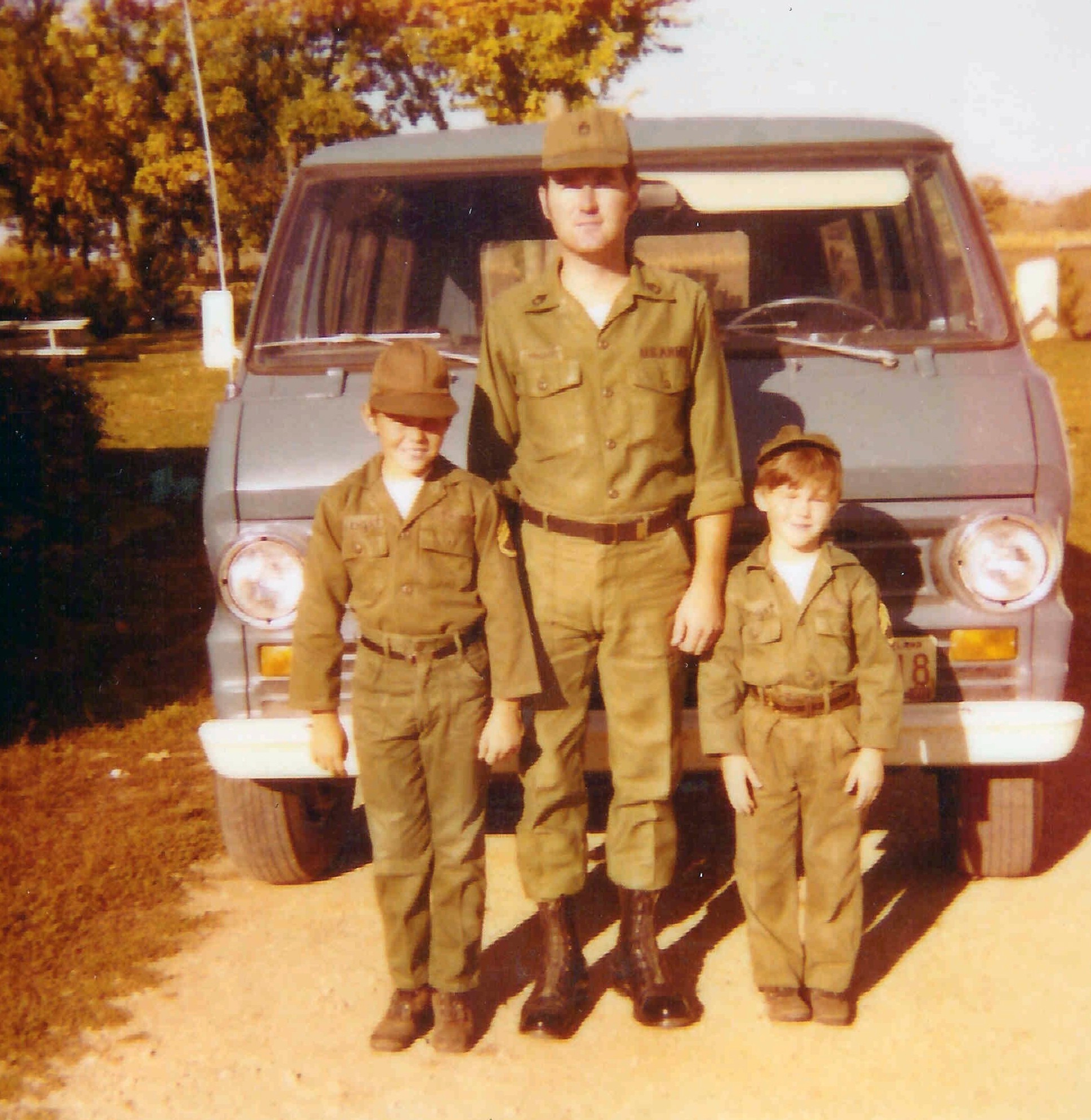
Social Sharing